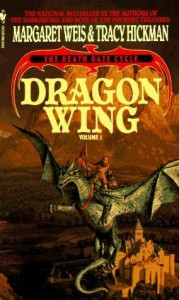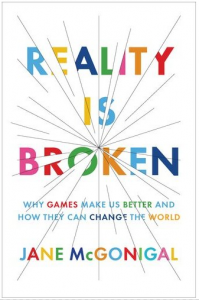Okay, so I thought today’s part of the 30 Day Genre Meme hit a little too close to home. For those of you who are familiar with gaming, this is the part where I tell you about my character. My favorite character that is.
The only trouble is, I found it was really hard to pinpoint just one! Memorable characters are important to me for different reasons. In some cases, I remember a character because they were different, so unusual in the way that they were portrayed it stuck out in my mind. Kind of like the characters in the Otherland series by Tad Williams or The Stand Unabridged by Stephen King, where an array of characters from different ages, backgrounds and cultures, all come together to tell a story.
 For female characters, my vote would be Morgaine from the time-traveling series written by C.J. Cherryh. She’s the reluctant hero, the keeper of the mysteries, the ultimate mistress — but is she? A mysterious character, everything we know, imagine and feel about her is filtered through the viewpoints of other characters. In this way, for this science fantasy setting, Morgaine is an outstanding character not in the way she’s described, but for all the things we don’t know. You can read about Morgaine in a collected tome called The Morgaine Saga.
For female characters, my vote would be Morgaine from the time-traveling series written by C.J. Cherryh. She’s the reluctant hero, the keeper of the mysteries, the ultimate mistress — but is she? A mysterious character, everything we know, imagine and feel about her is filtered through the viewpoints of other characters. In this way, for this science fantasy setting, Morgaine is an outstanding character not in the way she’s described, but for all the things we don’t know. You can read about Morgaine in a collected tome called The Morgaine Saga.
 For male characters, my vote is Haplo from The Death Gate Cycle series by Margaret Weis and Tracy Hickman. The first book in the series is called Dragon Wing. Like Morgaine, Haplo is enigmatic but for a different reason. Part of why I like his character so much, is not because of his fierce independence, but because Haplo is what I call an “intentional” character. Everything that he is and does–independent, reluctant to trust, determined–is because of the setting. In my mind, The Death Gate Cycle represents an excellent example of how worldbuilding can (and should) have an impact on the main character’s appearance, personality and demeanor.
For male characters, my vote is Haplo from The Death Gate Cycle series by Margaret Weis and Tracy Hickman. The first book in the series is called Dragon Wing. Like Morgaine, Haplo is enigmatic but for a different reason. Part of why I like his character so much, is not because of his fierce independence, but because Haplo is what I call an “intentional” character. Everything that he is and does–independent, reluctant to trust, determined–is because of the setting. In my mind, The Death Gate Cycle represents an excellent example of how worldbuilding can (and should) have an impact on the main character’s appearance, personality and demeanor.
In both of these examples, what drew me to these characters was the technique the authors employed. Other memorable characters stand out in my mind due to their inventiveness and their quirks and whether or not they’re different from the others in the book.

